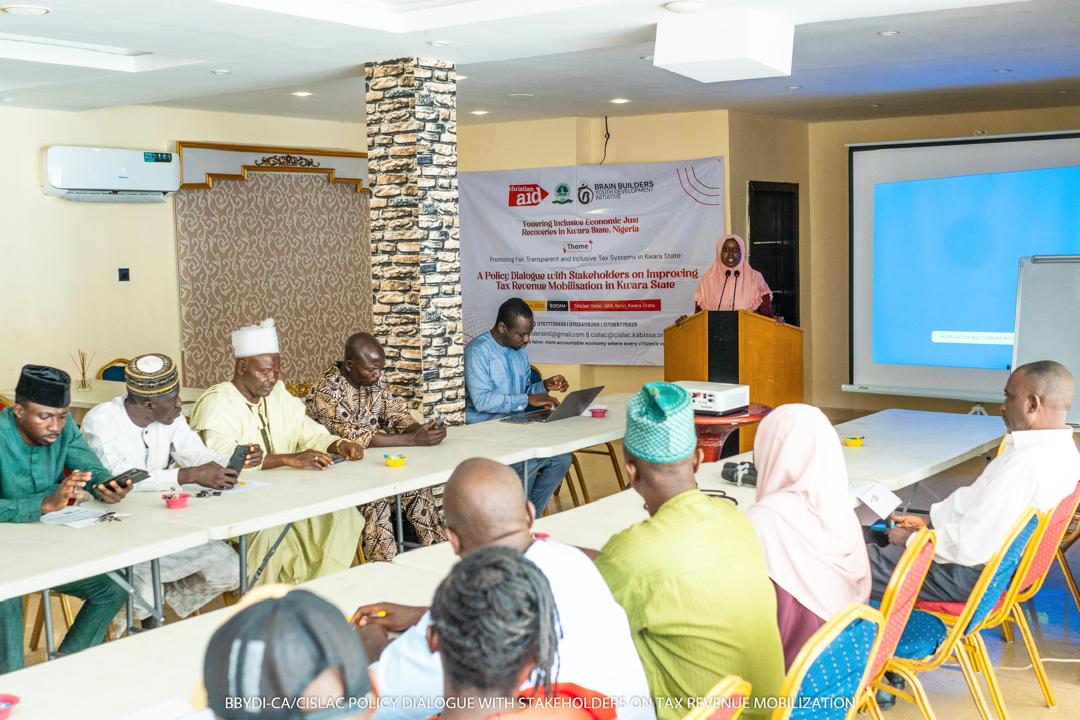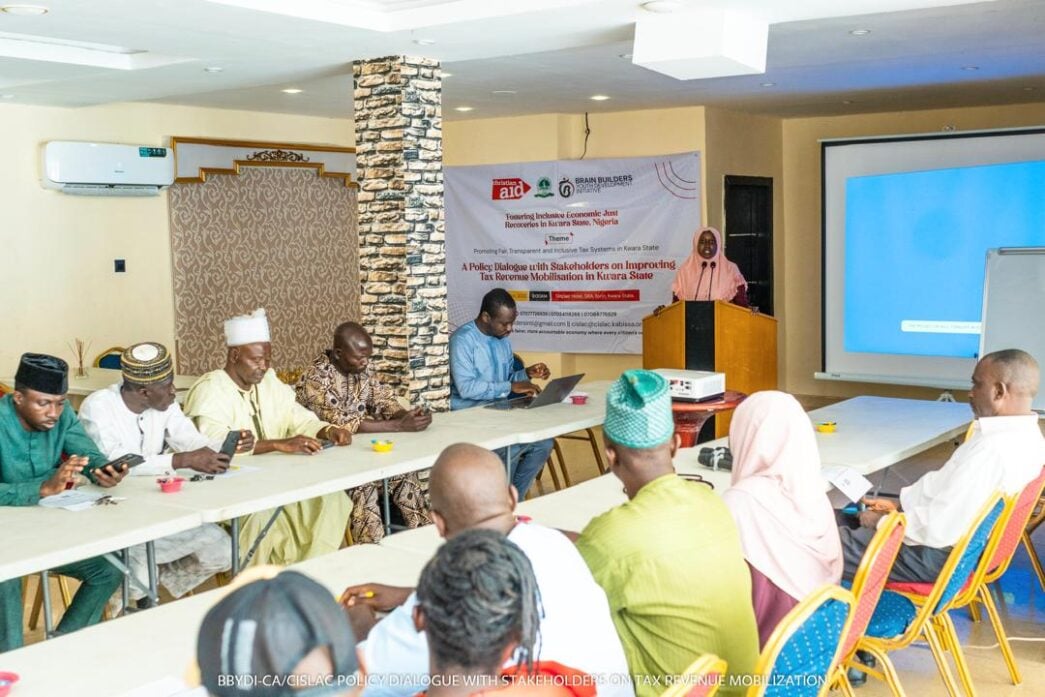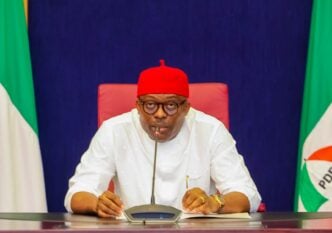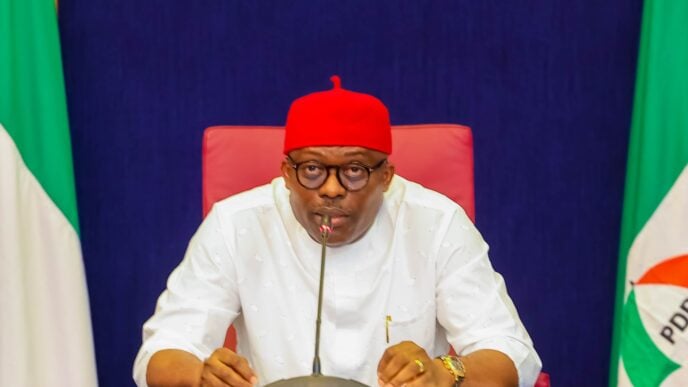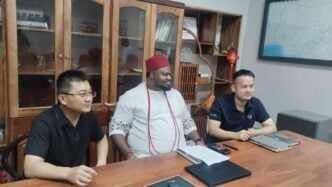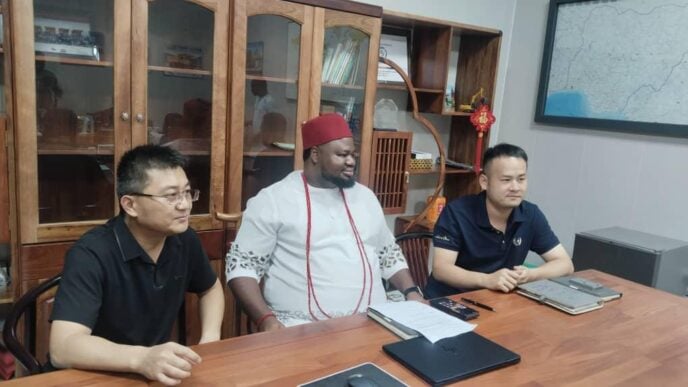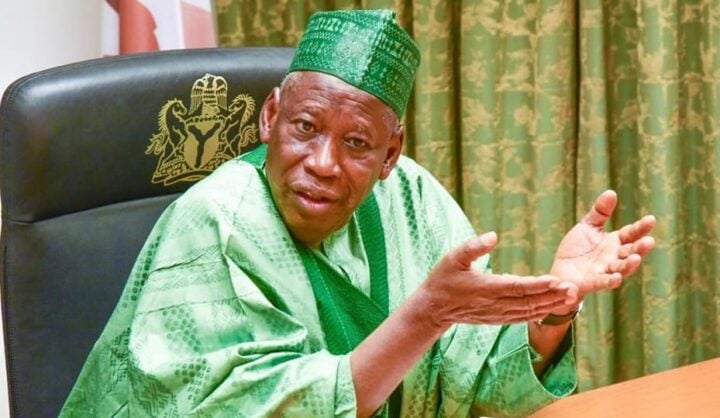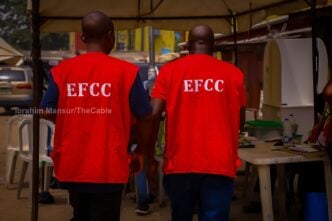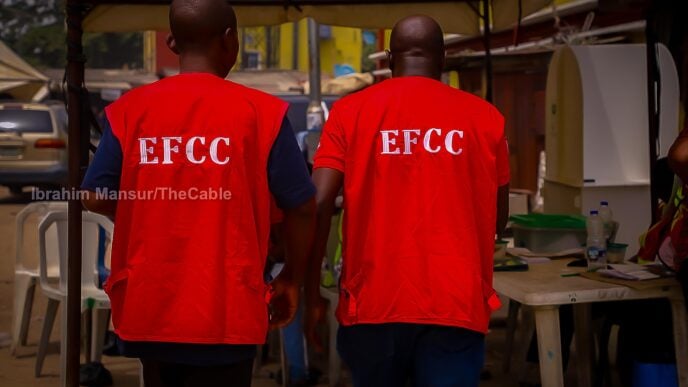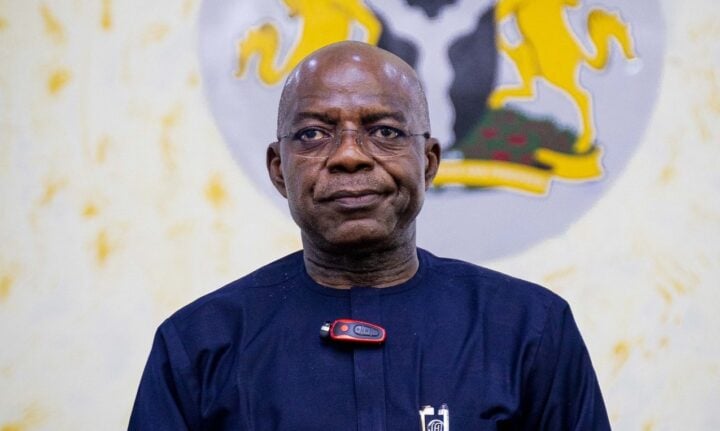Stakeholders in Kwara have called for a more transparent, fair, and inclusive tax system that prioritises accountability and public trust in the state.
The stakeholders made the call during a policy dialogue on tax justice in Kwara state organised by the Brain Builders Youth Development Initiative (BBYDI) with support from Christian Aid Nigeria, as part of the ongoing project titled “Fostering Inclusive Economic Just Recoveries in Kwara State”.
Held in Ilorin, Kwara state capital, the dialogue brought together representatives from civil society organisations, market associations, transport unions, and the media to discuss policy reforms that can strengthen tax justice, promote voluntary compliance, and reduce multiple taxation.
In his opening remarks Abideen Olasupo, BBYDI global director, noted that tax justice goes beyond payment, stressing that “a fair tax system is built on trust, transparency, and accountability. When citizens know how their money is used, they are more willing to contribute”.
Advertisement
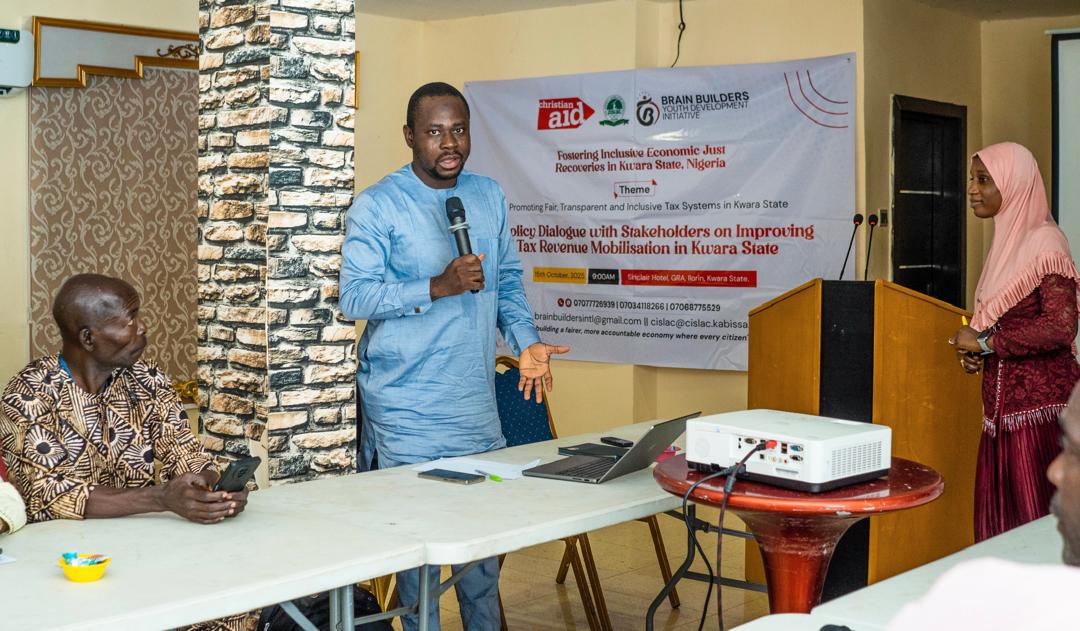
Participants raised concerns over what they described as “uncoordinated” and “unfair” tax practices affecting small businesses and transport operators.
Representatives of the National Union of Road Transport Workers (NURTW) and market associations lamented that while government agencies collect taxes and levies from their members, there is little evidence of service delivery in return.
They urged the KW-IRS to publish monthly and quarterly reports detailing the amount of revenue generated and how it is spent, to strengthen public confidence. Stakeholders also called for a formal feedback mechanism that allows citizens and trade unions to engage with tax authorities and track revenue use.
Advertisement
Representatives of the Christian Association of Nigeria (CAN) and market unions advocated for the harmonisation of state and local government tax laws to address the burden of multiple taxation faced by traders and business owners.
According to Shina Ibiyemi, CAN representative, there must be harmonisation of the state and LGA tax laws through the house of assembly to remove duplication and protect citizens from unfair levies.
Participants also identified the need to simplify and digitalise the state’s tax payment system. Khadijat Yahaya of the Society for Women in Taxation (SWIT) emphasised the need for digital literacy training for market women and informal sector operators to enable them to use the KW-IRS online tax payment portal.
Lanre Osho advocated for the adoption of a single tax account to enhance transparency, while Oluwayemisi Fagboro, a representative of BudgIT Foundation, called for a multilingual approach to communicating tax information to citizens, ensuring accessibility in English, Yoruba, and Pidgin.
Advertisement
In his intervention, Ahmed Lanre, the chairman of the Nigeria Union of Journalists (NUJ), Kwara state chapter, urged the government to deploy digital tools that allow citizens to access tax information, report grievances, and monitor responses from relevant agencies. He further appealed for continuity of policy reforms to ensure that transparency becomes an institutional culture rather than a one-off initiative.
Civil society actors also called for greater inclusion of persons with disabilities (PWDs) and gender-responsive approaches in tax administration. Halimat Abdulsalam, one of the participants, stressed that “there is ability in dis ability”, urging the government to design tax policies that reflect fairness and ensure accessibility for all citizens.
At the end of the dialogue, participants agreed to develop a joint communiqué outlining key reform priorities, including publication of regular tax collection and utilisation reports; harmonisation of state and local government tax laws; establishment of a taxpayer grievance redress platform; mainstreaming of gender and disability inclusion; and continuous digital literacy campaigns for the informal sector.
BBYDI reaffirmed its commitment to supporting citizen engagement and evidence-based advocacy on fiscal justice in Kwara state, noting that the dialogue is not an end in itself, but a starting point for collaboration between government, civil society, and citizens to make tax systems work for everyone.
Advertisement
